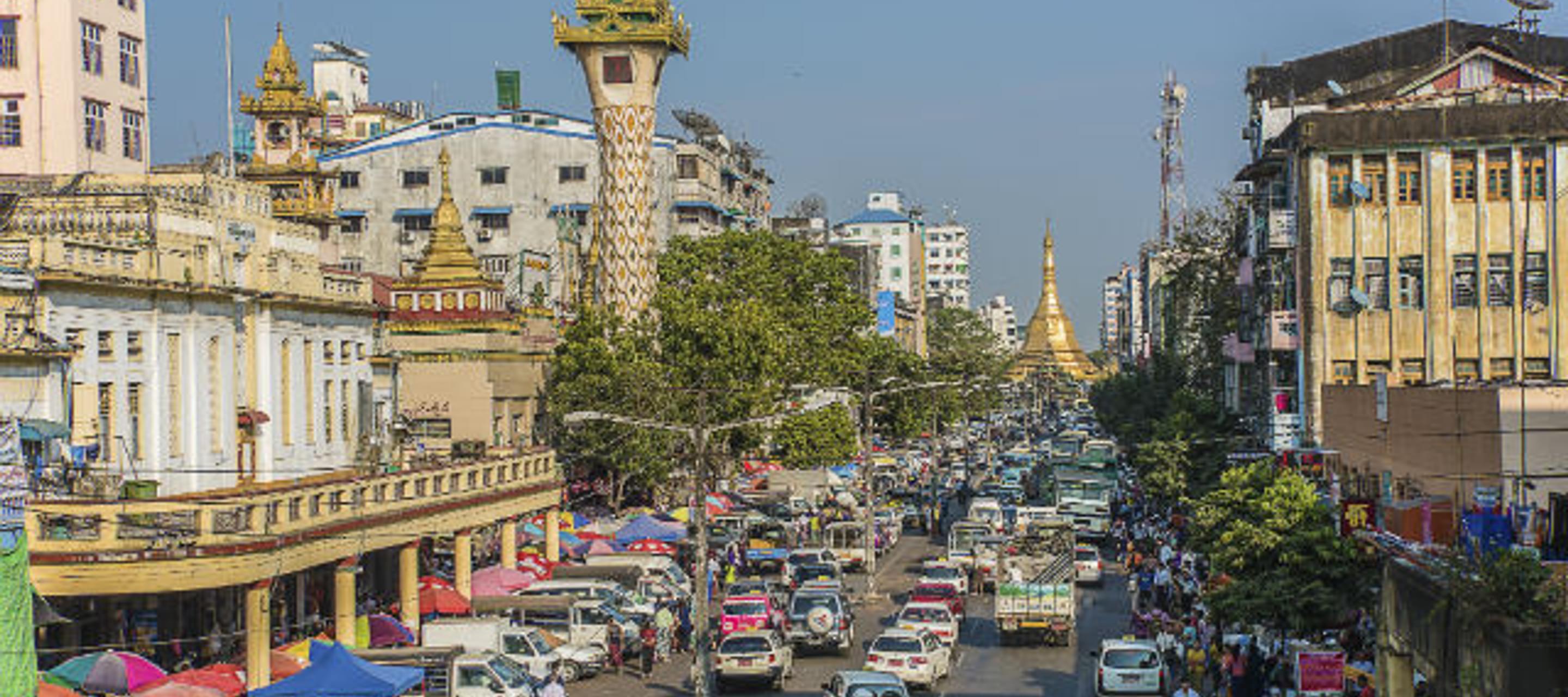Responsible Investment in Myanmar - The Human Rights Dimension
17 September 2012

This is the first in a series of occasional papers by IHRB to provide independent analysis and policy recommendations about timely subjects on the business and human rights agenda.
For nearly a quarter century, Myanmar, the resource-rich south-east Asian country formerly known as Burma, has been mostly off-limits for investors from Europe, the United States, Australia, and a few other countries whose governments had imposed economic sanctions because of the country’s poor human rights record. With rapid political changes in the country in the past year, that is about to change.
In recent months, the leader of the National League of Democracy Party (NLD), Aung San Suu Kyi, who had been imprisoned for 15 of the past 23 years (much of it under house arrest), has been able to travel abroad freely. In April 2012, she led her party to a sweeping victory, winning almost all seats in the parliamentary byelections. She visited neighbouring Thailand in May followed by a June visit to Europe where she received the Nobel Peace Prize, which she had been awarded in 1991 but had been unable to accept in person, because she was a political detainee at that time. In September she is scheduled to visit the United States.
In recognition of the political and economic reform process initiated by the government of Myanmar, the European Union and the United States (US) have suspended most economic sanctions (retaining the arms embargo) and are watching political developments in the country carefully, although rolling back US sanctions is not straight forward, as they comprise numerous laws, orders, and declarations passed at different times.




